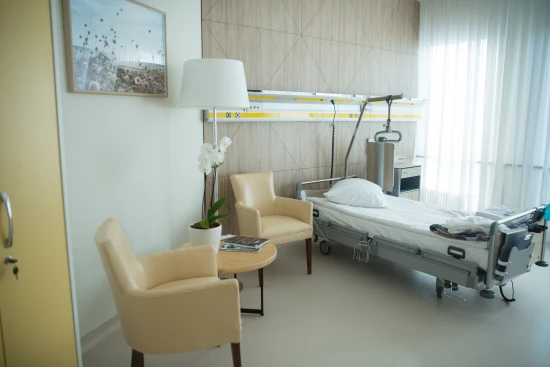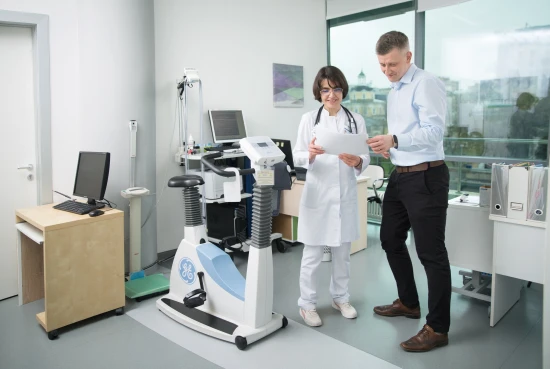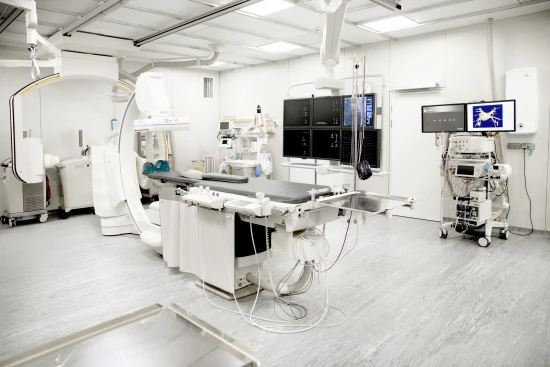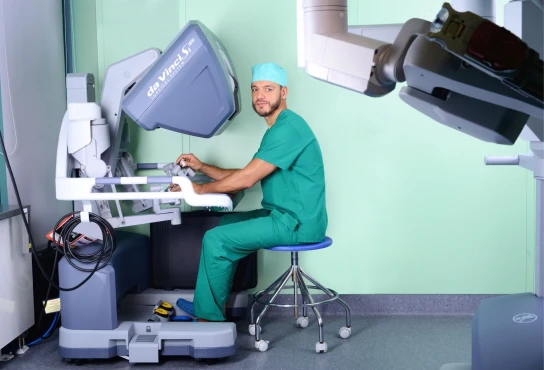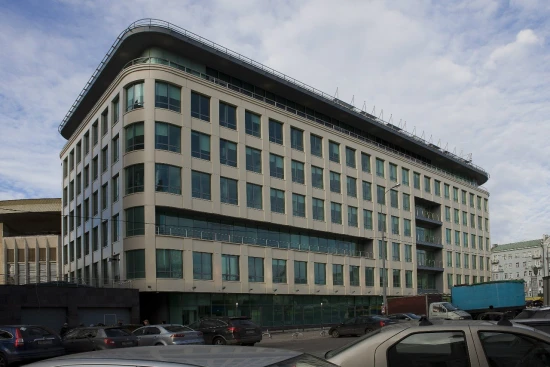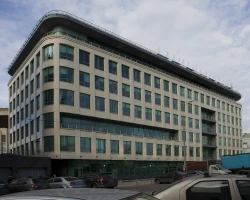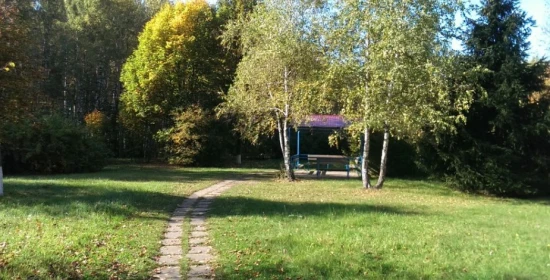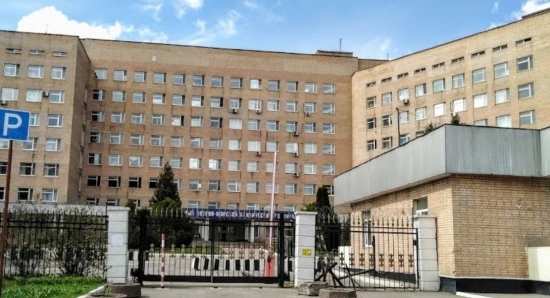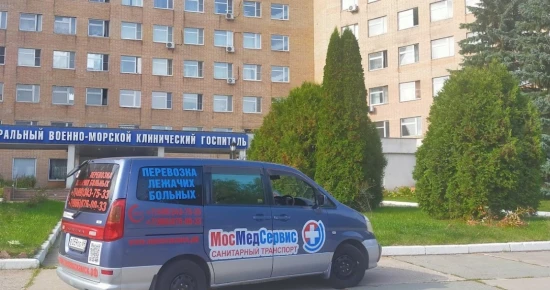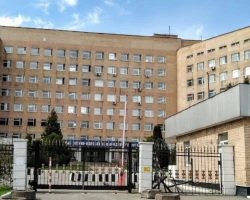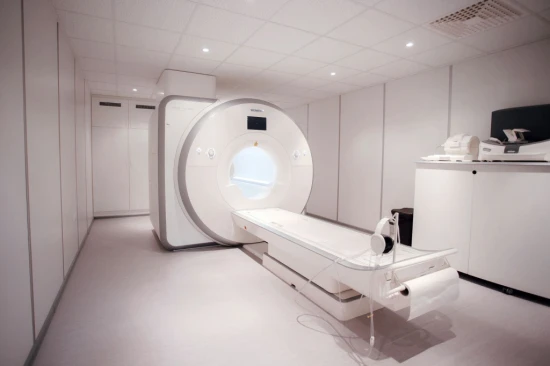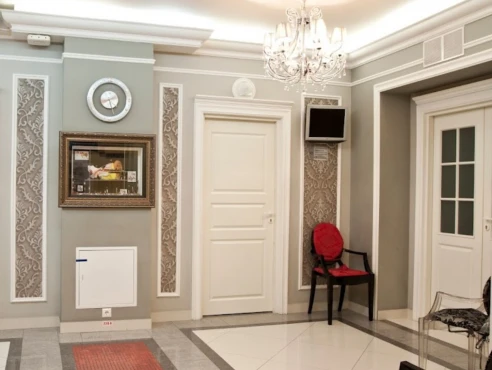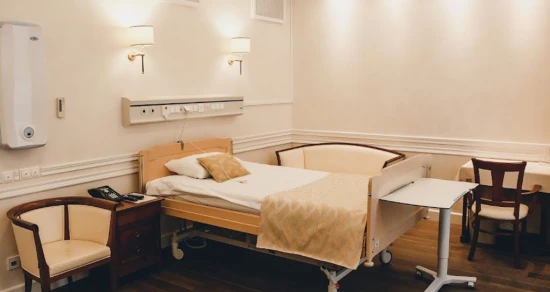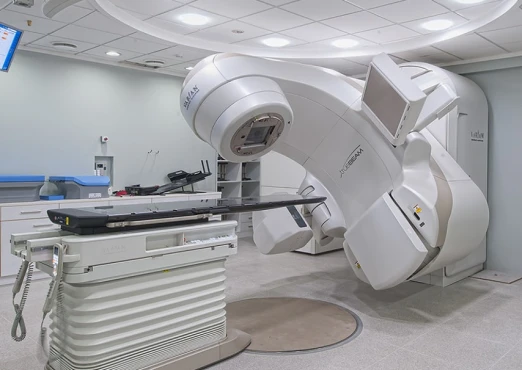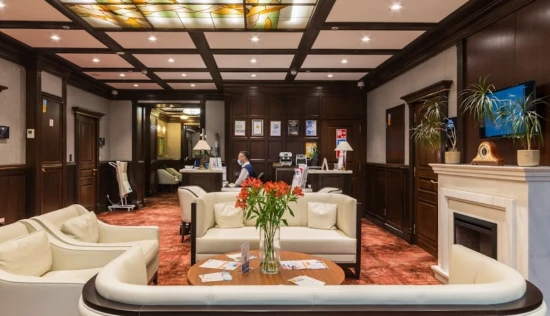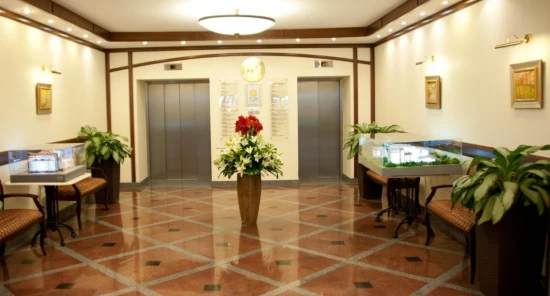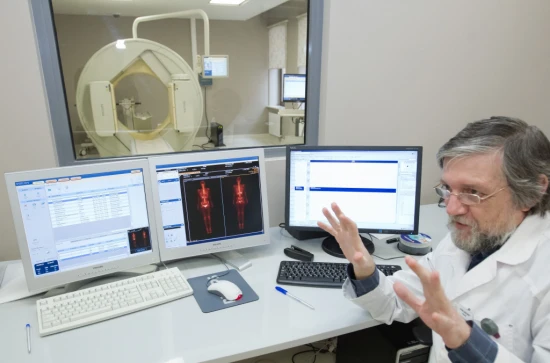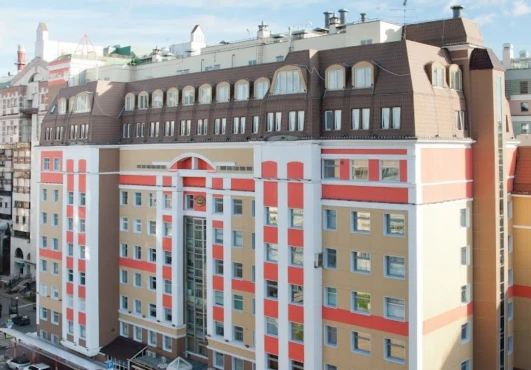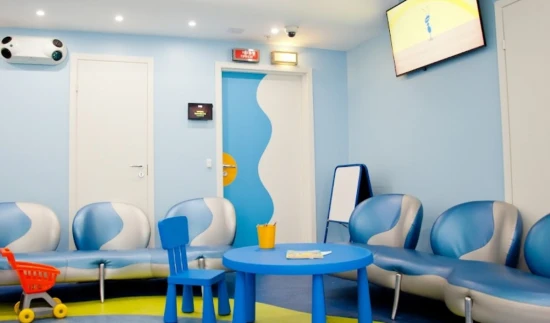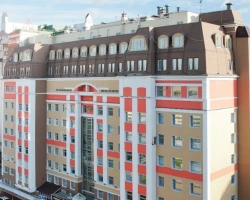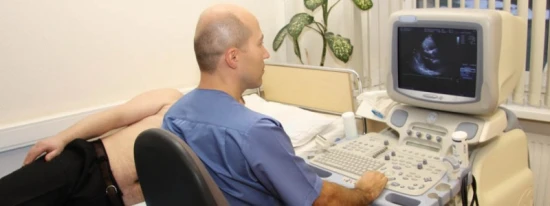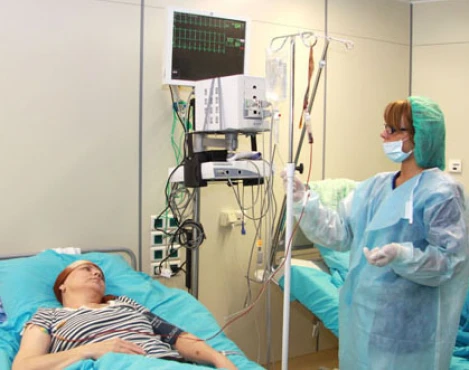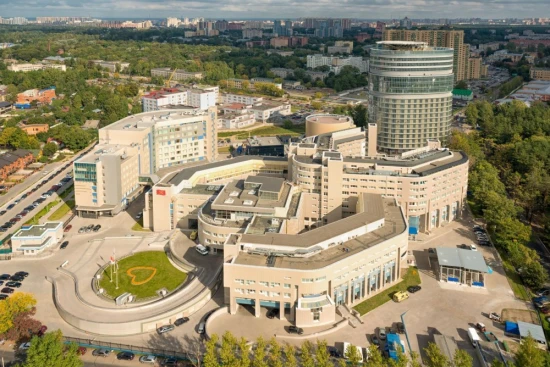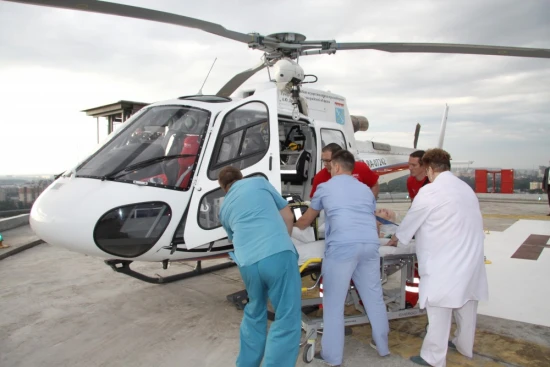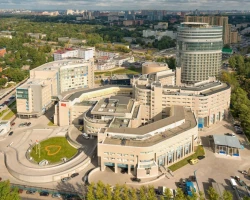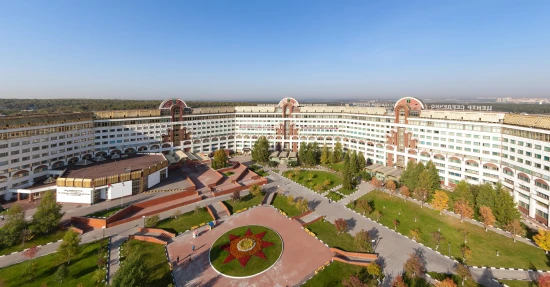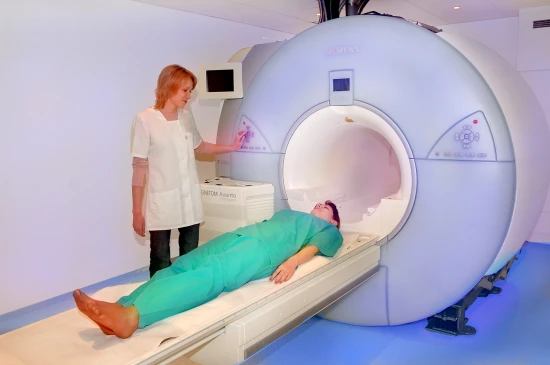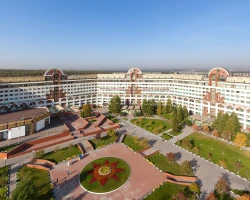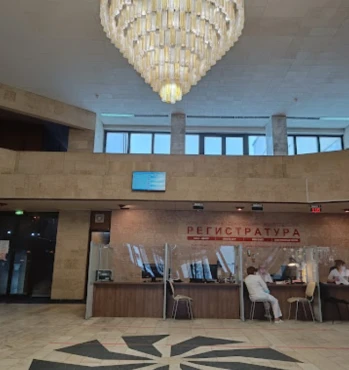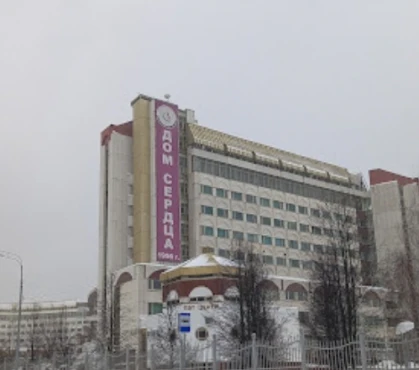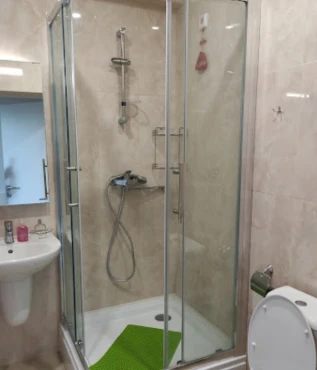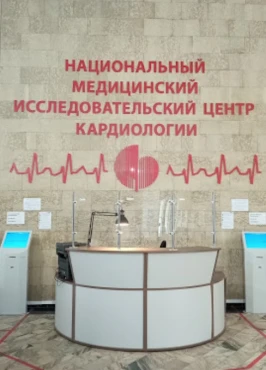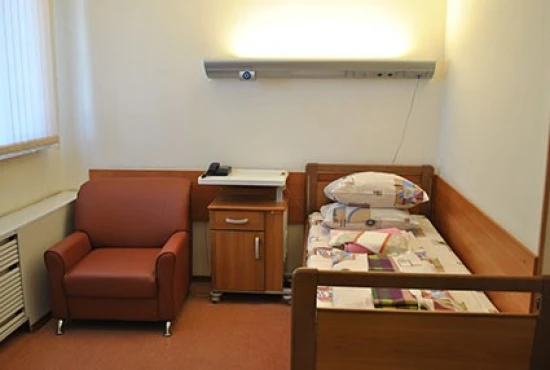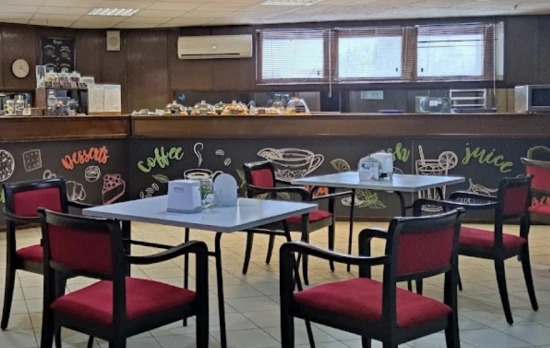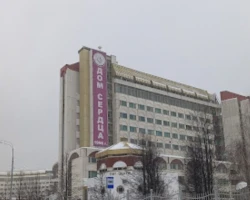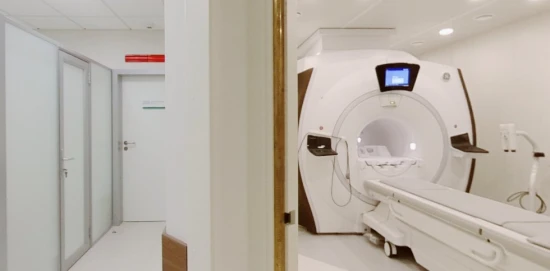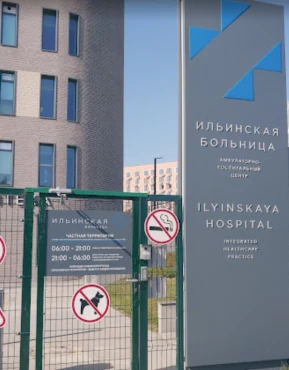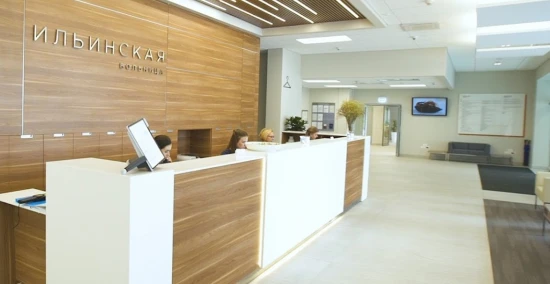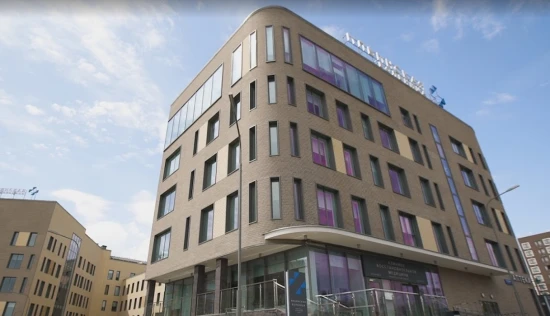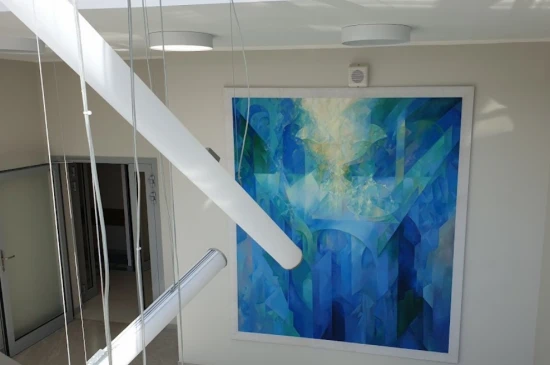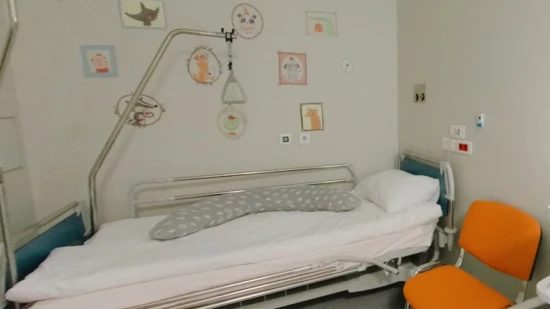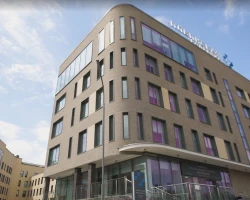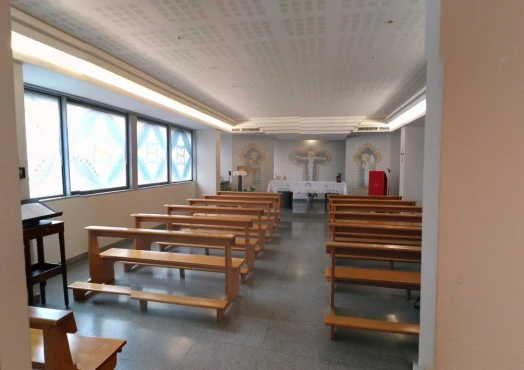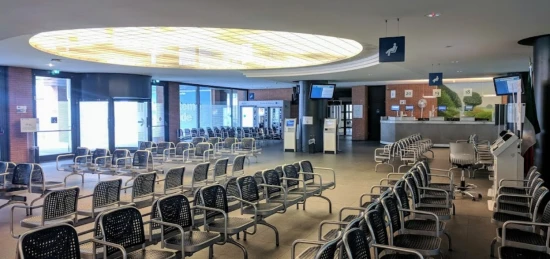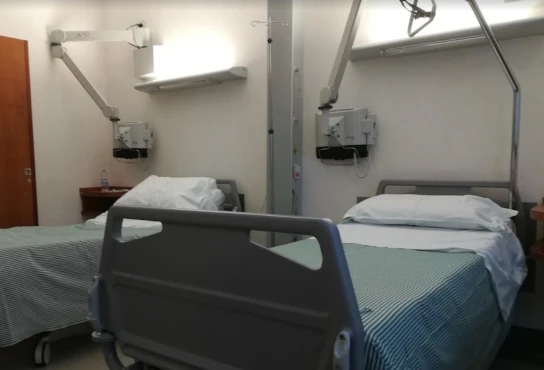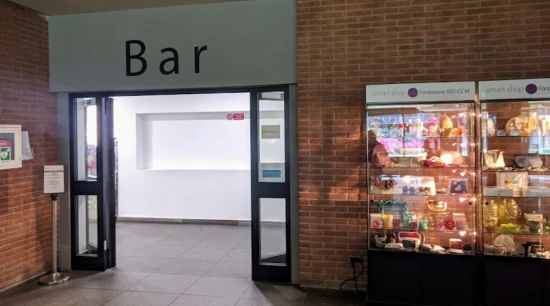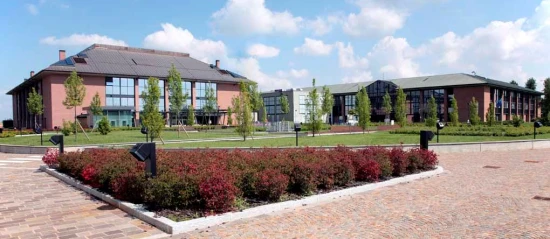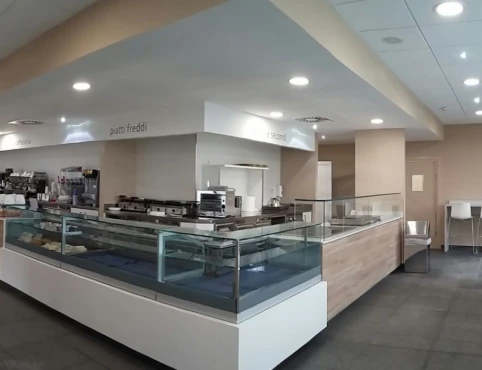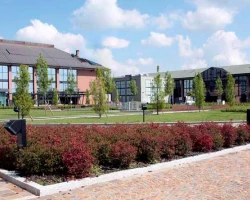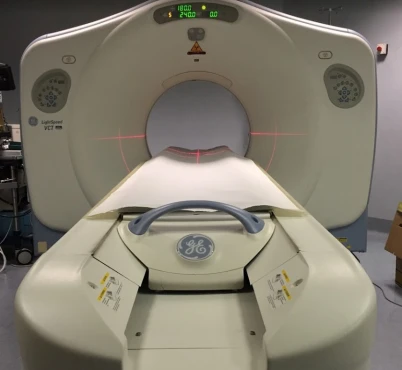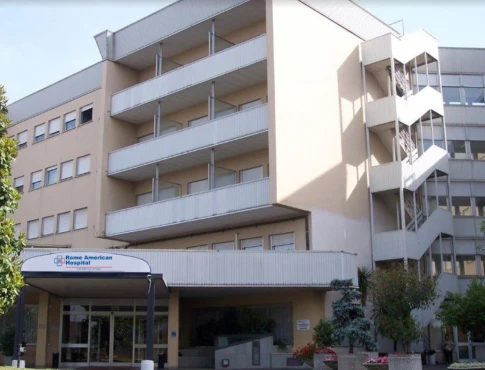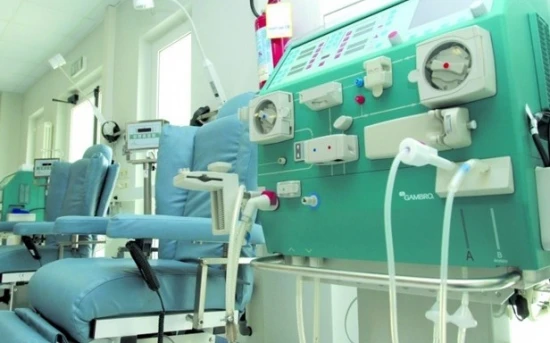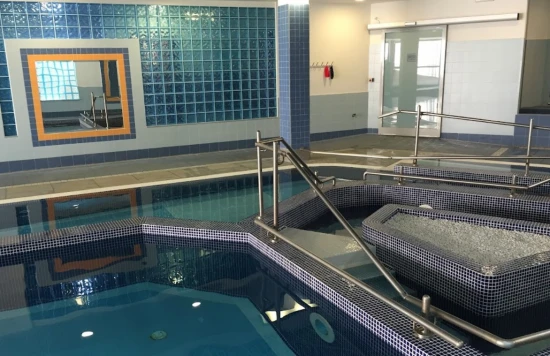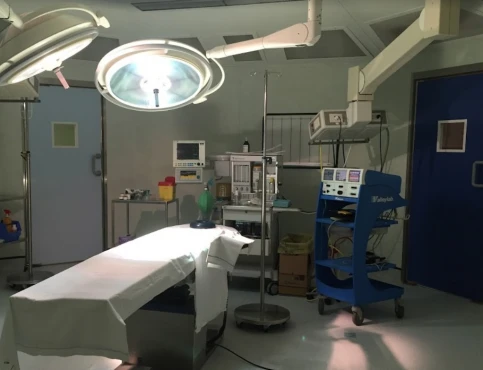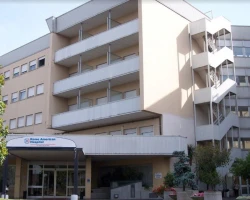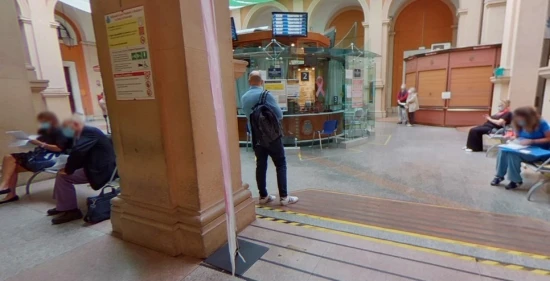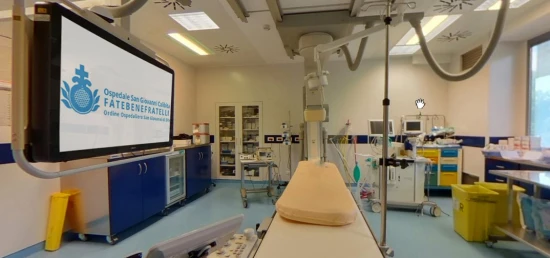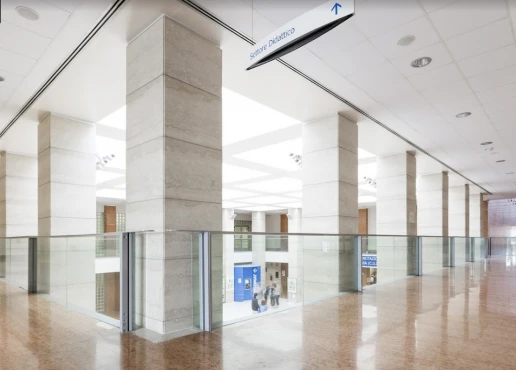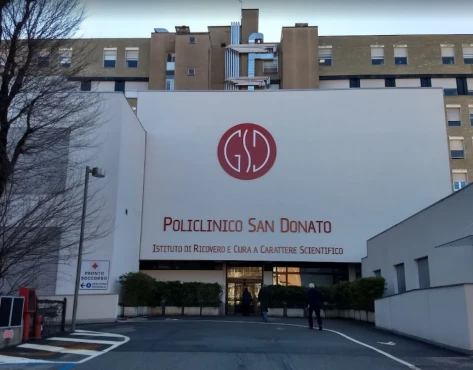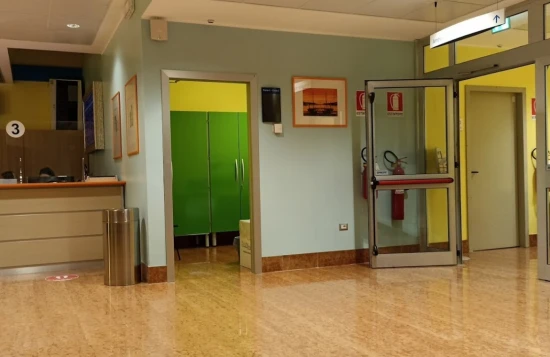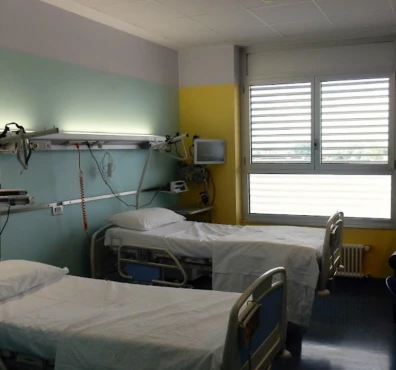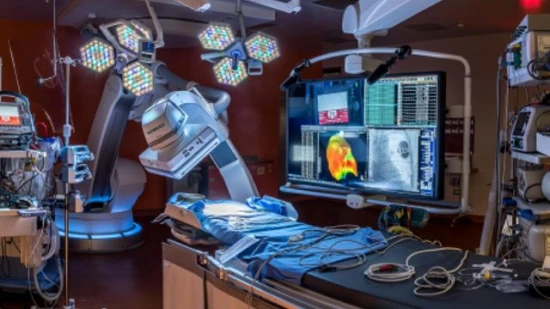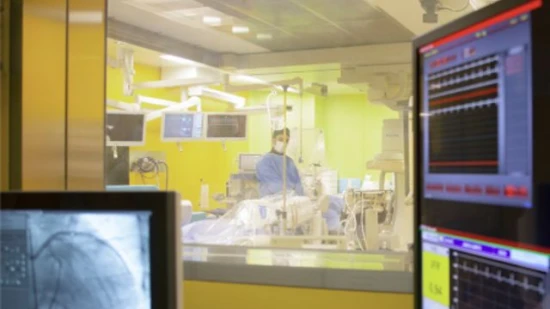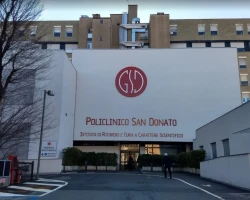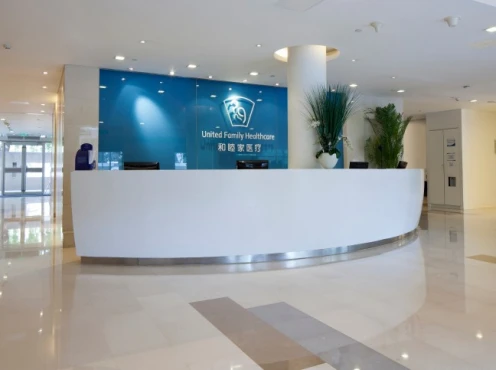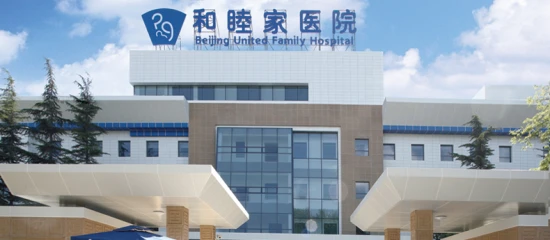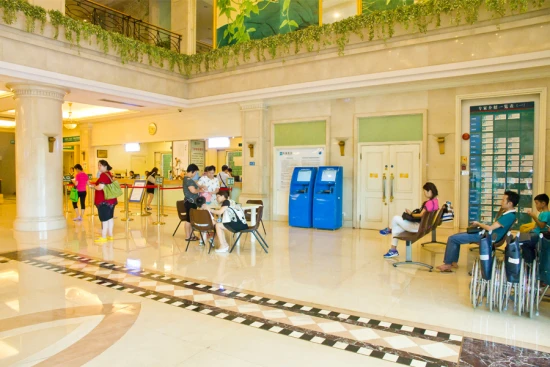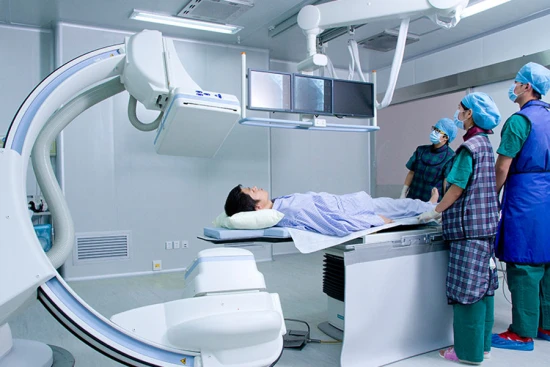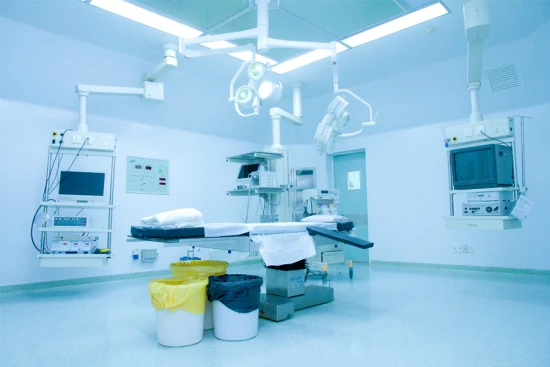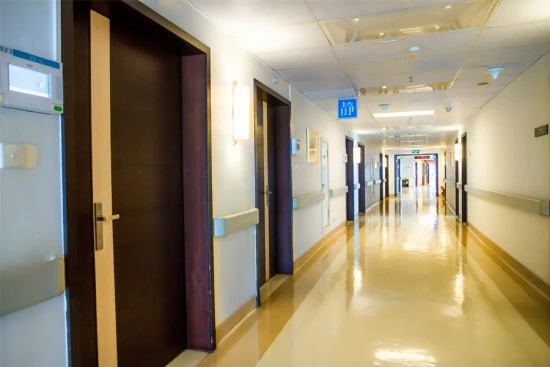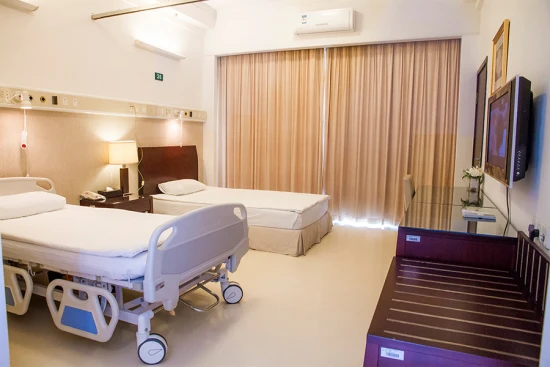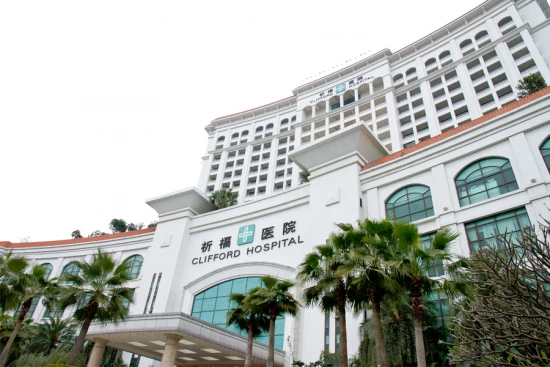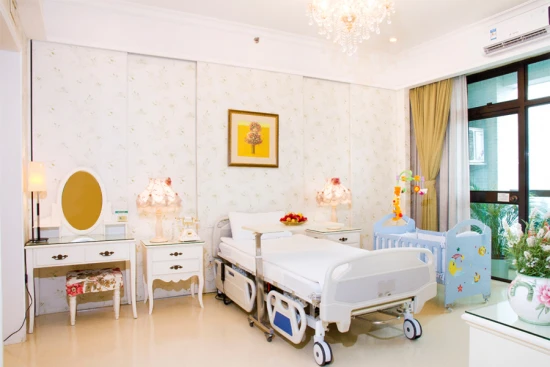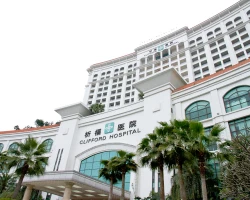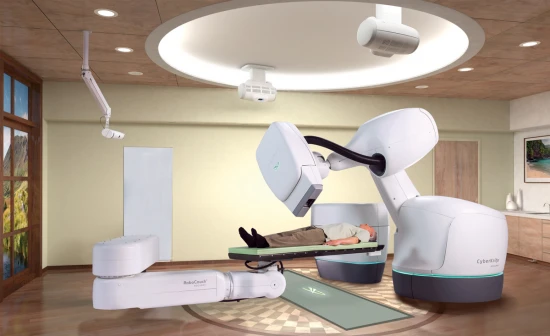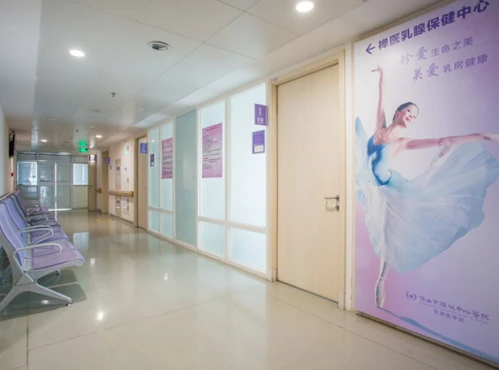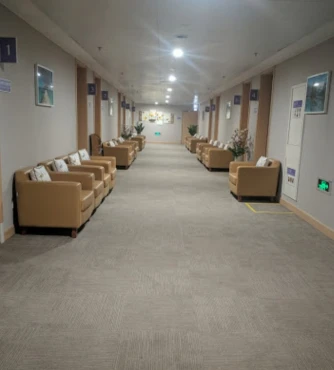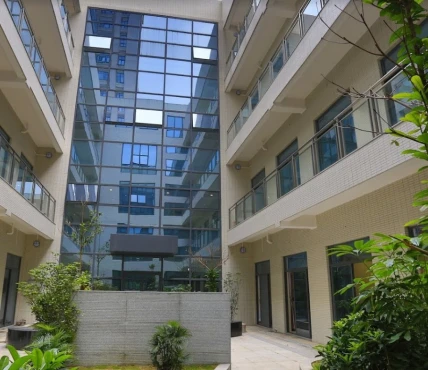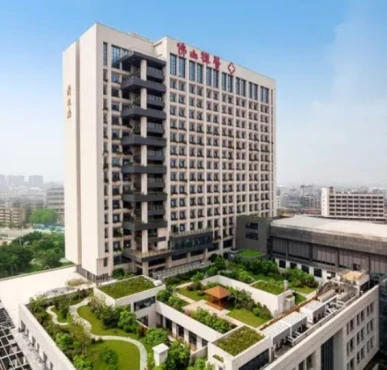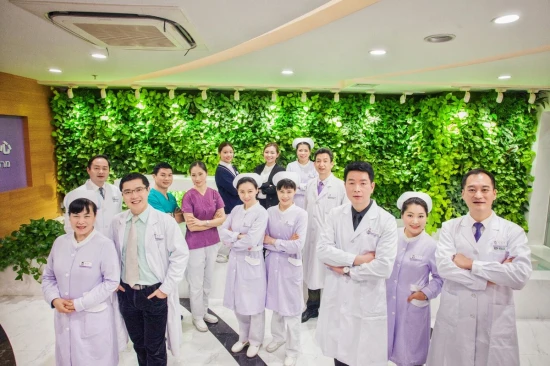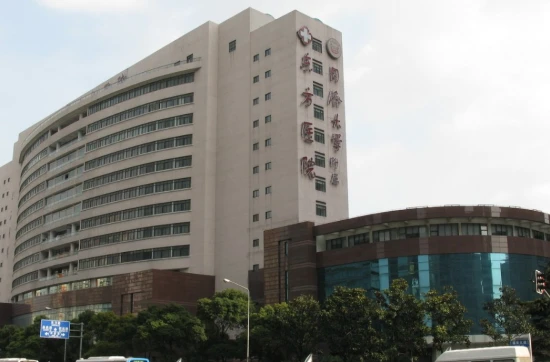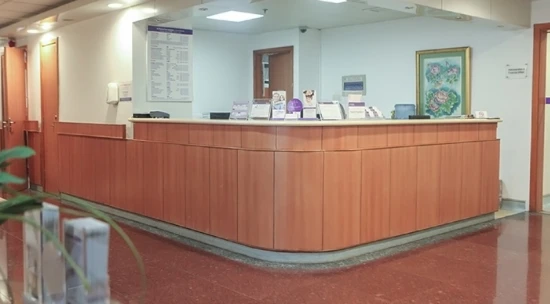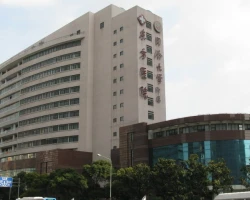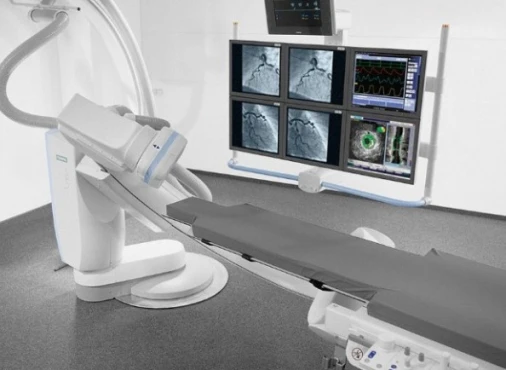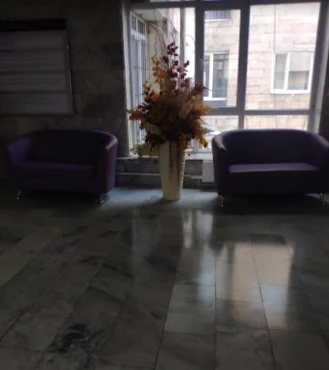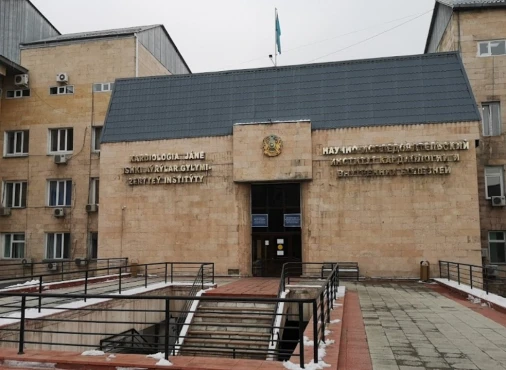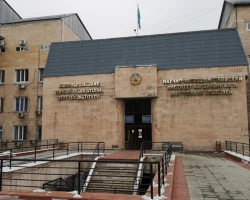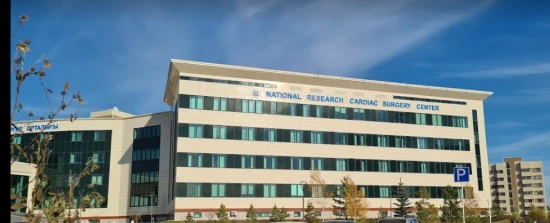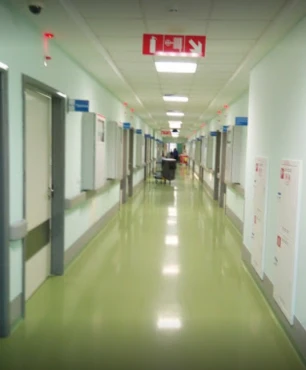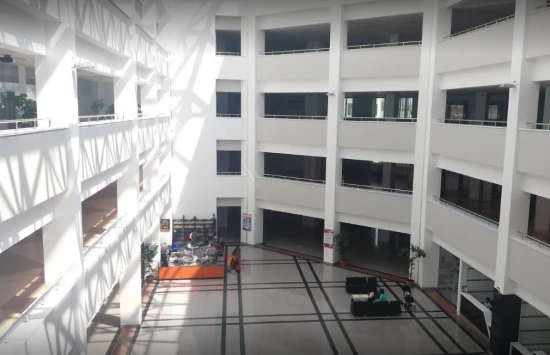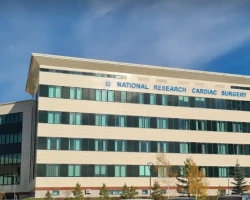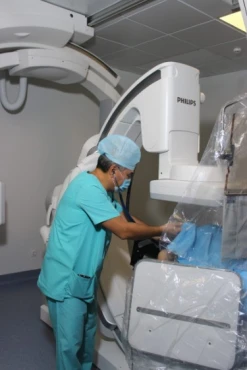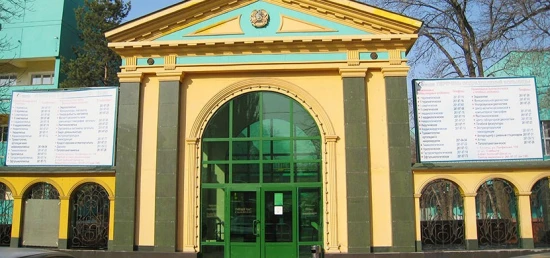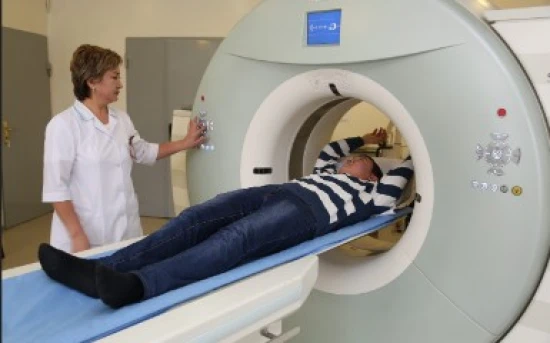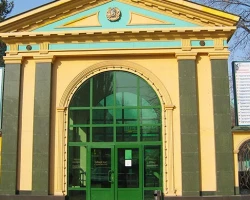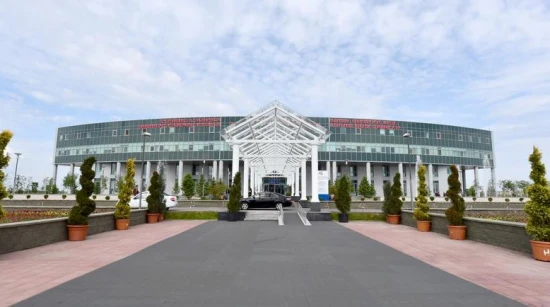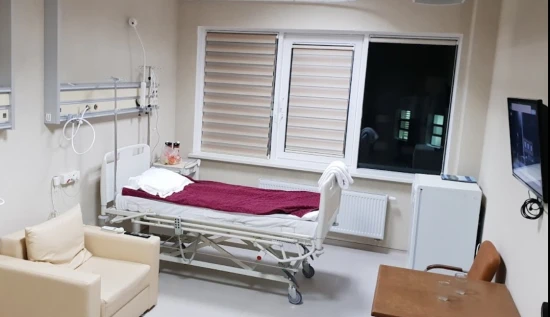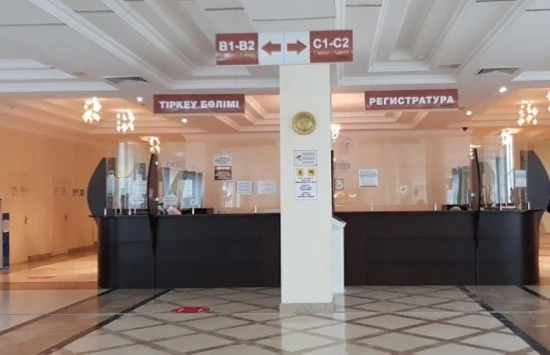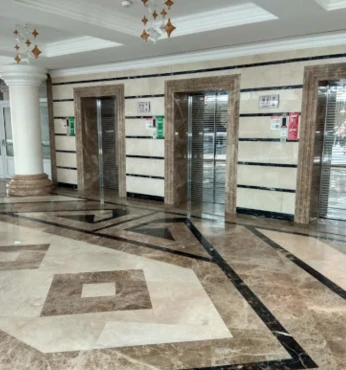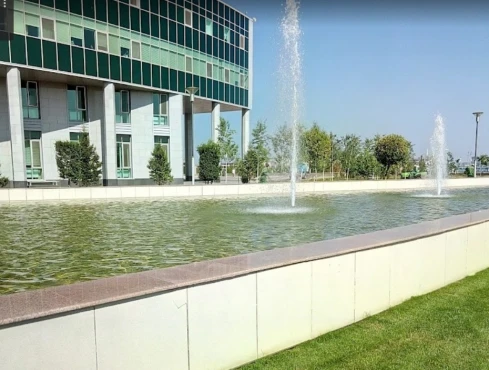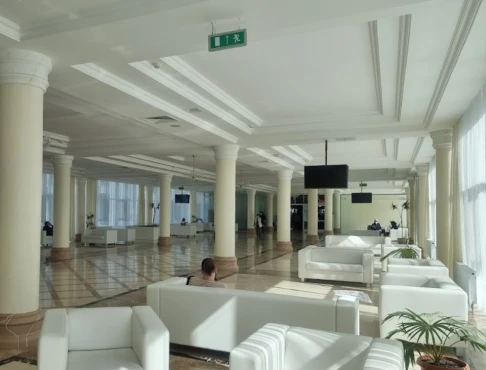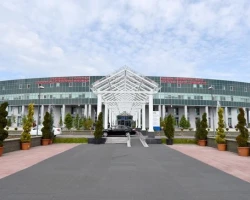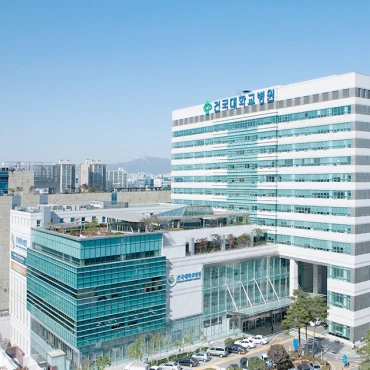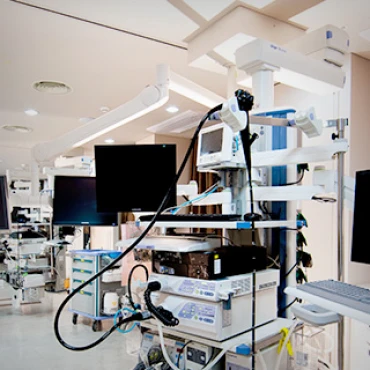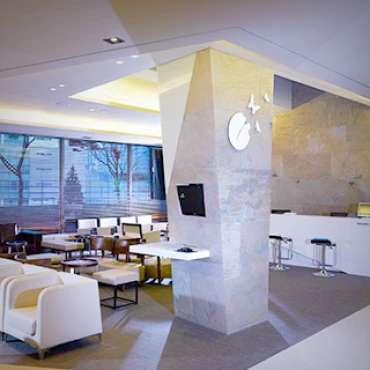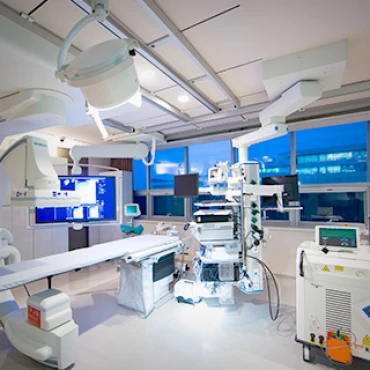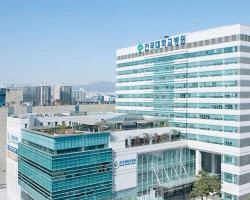Origin and mechanisms of development of a ventricular septal defect
Ventricular septal defect (VSD) is one of the most common congenital heart defects. Its frequency is approximately 300 cases per 100,000 births. Also, VSD accounts for about a third of all congenital heart defects. Females and males get sick with the same frequency.
This disease was first described in 1879, and more than 100 years later, in 1988, the first percutaneous intervention was performed to close a defect in the interventricular septum.
Below we will analyze in detail the origin and mechanisms of development of the interventricular septal defect, and also touch on the treatment and diagnosis of this pathology in both children and adults.
Recall that the heart's main function is to pump blood throughout the body. This organ has two phases of its activity: contraction (systole) and relaxation (diastole).
The human heart consists of four cavities (two ventricles and two atria) and has four valves that prevent blood from flowing back. The latter is normally sent from the atria to the ventricles, and from them to the vessels (to the aorta from the left cavity, and to the pulmonary arteries from the right). The right ventricle (RV) is separated from the left ventricle (LV) by a septum, which consists of a muscular and membranous portion.
The pathogenesis of ventricular septal defect and its complications is inextricably linked with hemodynamics (direction of blood flow). The LV has a massive muscle mass and creates pressure several times higher than that in other chambers of the heart, therefore, when an opening in the interventricular septum is formed, blood is directed from left to right.
Causes of the disease and risk factors for ventricular septal defect
The exact cause of the ventricular septal defect is currently unknown, but congenital heart defects appear to be inherited and sometimes co-occur with other genetic diseases and chromosomal abnormalities such as Down syndrome.
Certain conditions that the mother already has or that occur during pregnancy can also increase the risk of the disease and cause VS defects. These include:
- Infection with rubella during the first few months of pregnancy.
- Use of drugs, tobacco, alcohol or exposure to other toxic substances.
- Diabetes mellitus (including those arising during pregnancy).
- Systemic lupus erythematosus.
- Overweight (body mass index over 25).
- Radiation exposure (diagnostic procedures such as radiography are not included in this item).
- Phenylketonuria.
VSD classification
This pathology is classified depending on the location of the pathological opening. So, the following types of ventricular septal defect are distinguished:
- Perimembranous (occurs in about 80% of cases) - the hole is located in the membranous part of the cardiac septum.
- Muscular (15–20%) - located in the muscular part of the septum and does not border on the fibrous rings.
- Subpulmonary outflow tract defect (about 5%) - borders on both fibrous rings of arterial valves.
- Defect of the bringing tract - contacts from above with the ring of the tricuspid (tricuspid) valve and is located behind the membranous septum.
Also, there is a large and small congenital malformation of the IVS. The size of the first is larger than the diameter of the aorta, the size of the second is smaller than the aortic lumen.
Is VSD a pathology in adults or children?
VSD is most commonly diagnosed and treated in children. However, the disease also occurs in adults and can be in the form of:
- A defect closed in childhood or a small unoperated defect resulting from a minor left-right shunt. Most often, a patient with such a defect does not have VSD symptoms, and due to the absence of left ventricular overload, surgery is usually not required.
- A defect that led to left ventricular overload and pulmonary hypertension. A consequence of the latter is a disease of the pulmonary vessels (Eisenmenger's syndrome).
Disease manifestations
A small VSD usually does not cause symptoms. For a more serious defect, signs of the disease include:
- shortness of breath on exertion;
- decreased exercise tolerance;
- heartbeat.
In a newborn, as in an adult, symptoms may be absent with a small defect. There may be a murmur over the heart in more severe pathology. A significant defect is manifested by heart failure in a child aged 4–6 years. Symptoms in young children may include:
- difficulties with feeding, poor weight gain, mental and physical retardation;
- shortness of breath, rapid breathing and palpitations;
- enlarged liver (hepatomegaly);
- recurrent respiratory tract infections.
Why is this pathology dangerous?
Like other defects of the cardiovascular system, VSD without treatment (much less often if present) can pose a threat to the patient's life. The disease can have the following complications:
- pulmonary hypertension;
- Eisenmenger's syndrome;
- infection of the inner layer of the heart (endocarditis);
- left ventricular heart failure;
- subvalvular aortic stenosis and other acquired heart defects.
Diagnosis of the disease
The doctor may suspect the presence of the disease immediately after childbirth or even during pregnancy (depending on the severity of the pathology). If there are complaints, the doctor collects all the necessary information and conducts an examination.
On auscultation (listening to murmurs), the doctor may find:
- Diastolic murmur, best of all audible in the III-IV left intercostal space at the sternum (characteristic symptom).
- Systolic tremor in the IV left intercostal space at the sternum, bifurcation of the II tone above the pulmonary artery.
The following instrumental diagnostic methods can be used:
- ECG. On the record, the doctor can detect signs of hypertrophy (enlargement) of the left atrium and ventricle, sometimes an incomplete block of the right bundle branch (block of one of the branches of the heart network, through which an excitation pulse passes, leading to a heart contraction).
- Plain X-ray of the chest organs. An increase in the vascular pattern of the lungs and an expansion of the heart contour can be detected.
- Echocardiography. It is the main method of visualization of pathology, which makes it possible to assess the location and size of the defect, its complications and accompanying anomalies. Also, the study reveals the relationship between pulmonary and systemic blood flow (usually this ratio is denoted by Qp: Qs).
- Magnetic resonance imaging (MRI) and computed tomography (CT) are used when echocardiography has not revealed pathology.
- Cardiac catheterization. Performed for the diagnosis of pulmonary hypertension and before treatment with the invasive VSD method.
Treatment: therapy in adult patients
Surgical treatment is usually not required for a small defect that is not accompanied by left ventricular overload, that is, in the case of an asymptomatic patient.
Surgery, regardless of symptoms, is performed in case of heart overload. The possibility of surgical treatment is also being considered in the following cases:
- recurring episodes of endocarditis and a significant amount of blood leakage from the left ventricle;
- progressive insufficiency of the aortic valve;
- an increase in pulmonary pressure, at which there is a significant blood flow from left to right (Qp: Qs more than 1.5).
Treatment: therapy of VS defect in children
Isolated VSD in a newborn usually does not require treatment due to the possibility of spontaneous closure (especially if the defect is small and isolated). Therefore, only observation is often carried out.
In young children, the following surgical methods of treatment are used:
- surgical closure of the defect;
- percutaneous placement of an implant covering the defect;
- pulmonary artery ligation - performed only as a palliative treatment when surgery is not possible.
Risks of surgical treatment
Treatment of this condition is usually successful and carries a very low risk of death. Most children will not experience major complications after surgery. There is a small chance that the patient may need re-intervention.
The surgery has a small risk of bleeding, blood clots inside the heart, and infection.
Disease prognosis
The disease in most cases is treatable or, as noted earlier, goes away with age. An unfavorable prognosis is observed only in persistent pulmonary hypertension in patients after defect closure.
Summary
Ventricular septal defect (VSD) is one of the most common congenital heart defects. A small VSD usually does not cause symptoms. For more serious malformation in adults, symptoms include exertional dyspnea, decreased exercise tolerance, and increased heart rate.
Surgical treatment is usually not required for a small defect that is not accompanied by left ventricular overload, that is, in the case of an asymptomatic patient. In other cases, the anomaly needs to be closed. In this case, both open and percutaneous low-traumatic methods can be used, which have minimal risks.
References:
- Harrison`s Principles of Internal Medicine 19/E (Vol.1). Dennis Kasper, Anthony Fauci, Stephen Hauseret all. McGraw-HillEducation 2015 ISBN: 0071802134 ISBN-13(EAN): 9780071802130.
- Interna szczeklika - duży podręcznik. Medycyna praktyczna. 2021. ISBN 9788374306522.
- Internal diseases in 2 volumes: textbook / Ed. ON THE. Mukhina, V.S. Moiseeva, A.I. Martynova - 2010 .-- 1264 p.
- Shlyakhto, EV Cardiology: national leadership / ed. E. V. Shlyakhto - 2nd ed. , revised and add. - Moscow: GEOTAR-Media, 2019 .-- 800 p. (Series: National Guide) - ISBN 978-5-9704-4810-6.
